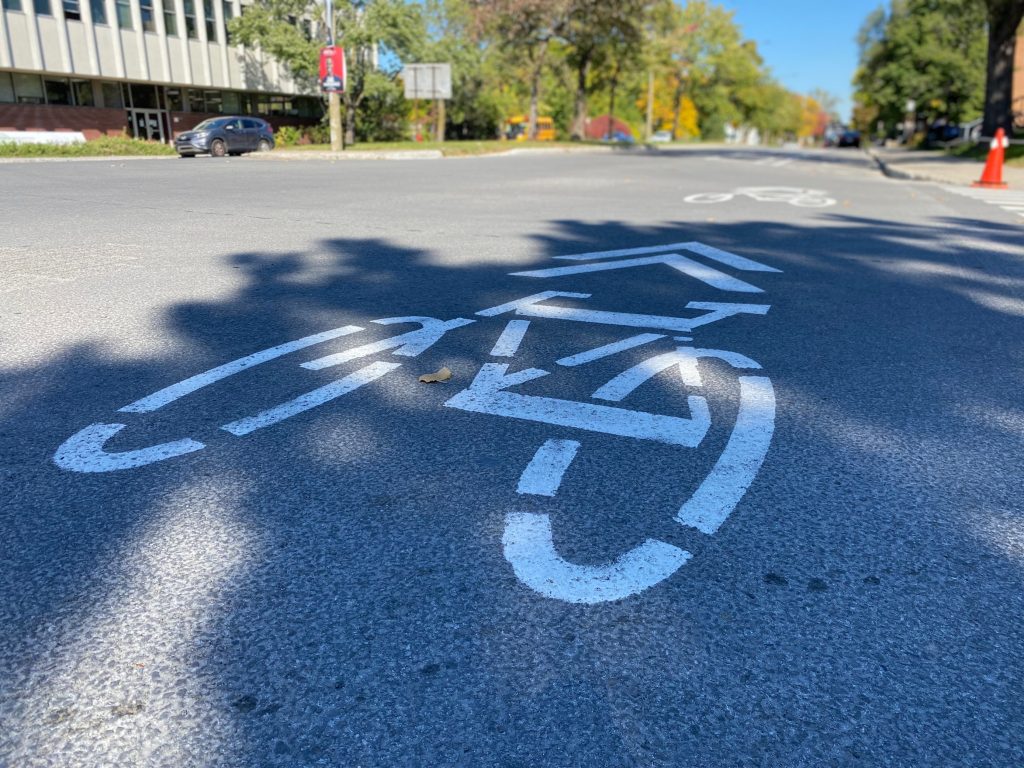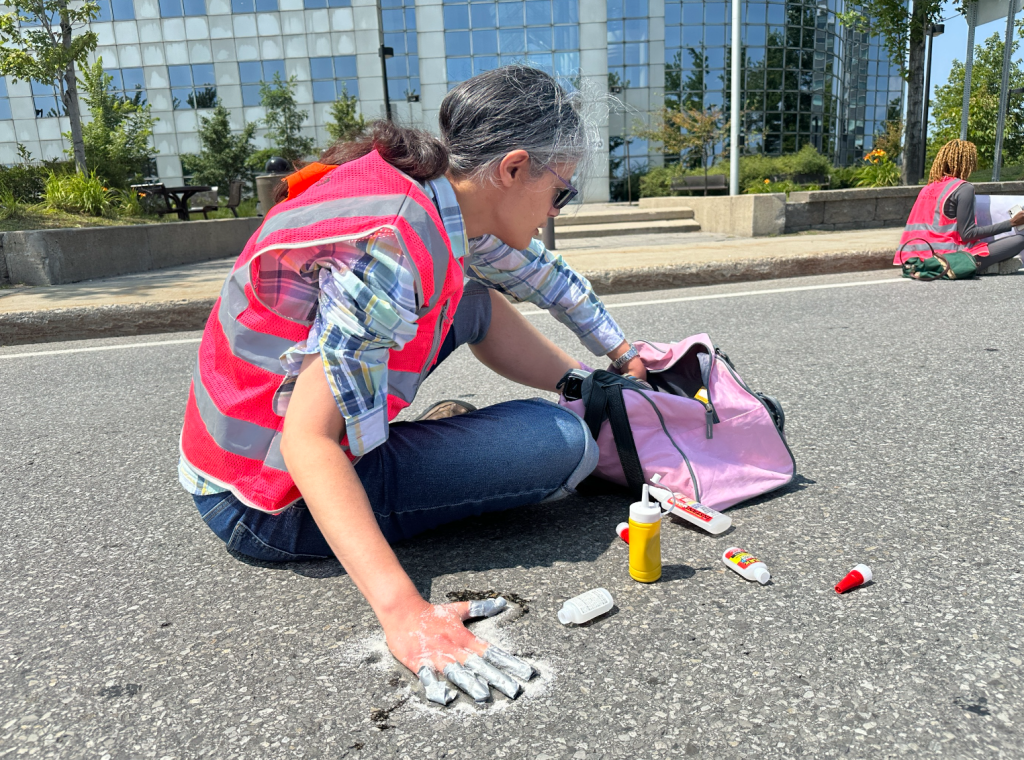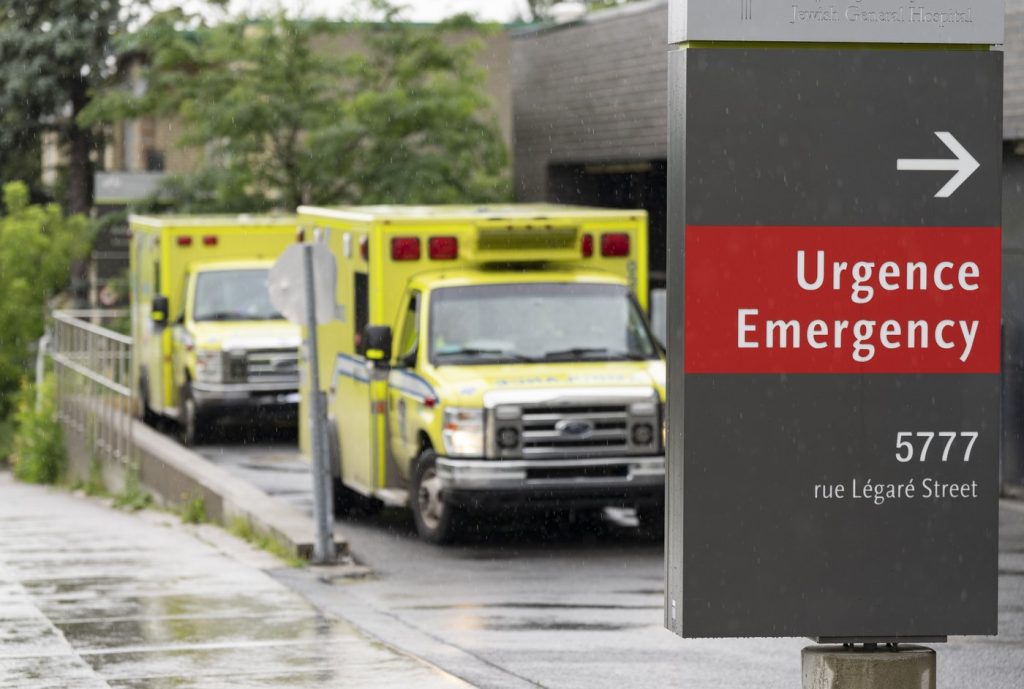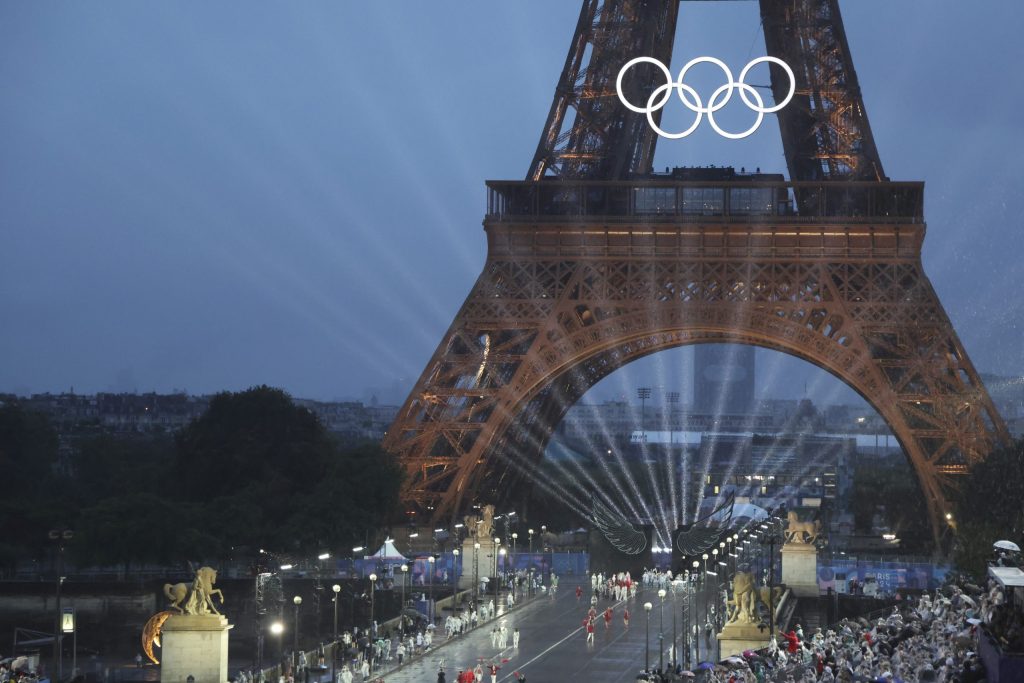Quebec City Muslim community disappointed in Supreme Court ruling of Bissonette’s sentence
Posted May 27, 2022 1:17 pm.
Last Updated May 27, 2022 6:16 pm.
Disappointment coming from Quebec City’s Muslim community following the Supreme Court’s ruling Friday, allowing mosque shooter, Alexandre Bissonette, who killed six worshippers in 2017, to serve 25 years behind bars before receiving eligibility for parole.
“We always see the logo [of justice] which is a balance, an equilibrium. Today, we feel that the balance has been broken,” said spokesperson for the Islamic Cultural Centre of Quebec, Boufeldja Benabdallah, in French at a Friday press conference.
The high court declared unconstitutional a 2011 Criminal Code provision that allowed a judge, in the event of multiple murders, to impose a life sentence and parole ineligibility periods of 25 years to be served consecutively for each murder, stating it violates the Charter of Rights and Freedoms guarantee against cruel or unusual treatment.
READ:
Supreme Court of Canada rules sentence for Quebec City mosque shooter was unconstitutional
Leadership of the Islamic Cultural Centre of Quebec say the decision does not properly take into consideration the atrocity of the multiple murders and the the heinous, Islamophobic and racist aspect of the crime.
“After exchanges with the six families of victims, their fear is to see their children who will grow up after 25 years, who will be men and women, and will come across the killer of their father in the streets of Quebec,” said Mohamed Labidi, president of the Islamic Cultural Centre of Quebec.
The January 29, 2017 attack was one of the deadliest mass shootings in Canadian history.
The lives taken that night: 57-year-old grocery store owner, Azzedine Soufiane; 44-year-old pharmacy technician, Aboubaker Thabti; 60-year-old professor, Khaled Belkacemi; 41-year old-computer analyst, Abdelkrim Hassane; 42-year-old accounting technician, Mamadou Tanou Barry; and 39-year-old government IT worker, Ibrahima Barry.
All were husbands and fathers.
“The families who have been affected must also feel that they have won, that this killer must be punished for what he has done,” said Benabdallah.
In the conclusion of Friday’s ruling, Chief Justice Wagner said, “Eligibility for parole is not a right to parole. Experience has shown that the Board generally proceeds with care and caution before making a decision as important as releasing multiple murderers back into society.”
Hassan Guillet, the Imam who presided over the funerals of the victims and a retired lawyer, says Bissonnette’s sentence wasn’t reduced.
“He is still sentenced to life in prison and the only thing that is different now is that after 25 years, he will be eligible for parole. It doesn’t mean that it will guarantee [he] will be a free man,” he said.
Imam Guillet says it’s important for the court to reassure the families of victims that the chances of meeting Bissonnette on the street are slim.
“I understand the decision of the judge and that the Charter is there to be respected, the Charter is there to protect our society,” said Guillet. “It doesn’t make everybody happy, for sure. And it’s a sad day for the community – a sad day for the families.”
For those at the Mosque, they say their legal battle is over, as they no longer have any recourse.
“Although we welcome this decision of the highest court in the country with disappointment, it allows us to close this judicial chapter,” said Labidi. “Now we want to focus on the future.”
“Sincerely, we want to turn the page,” Benabdallah added.



